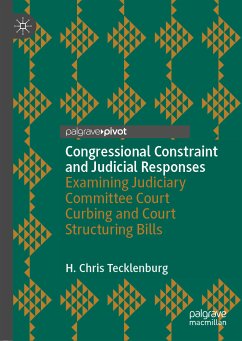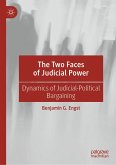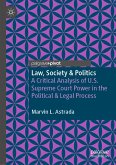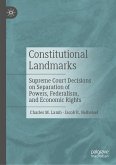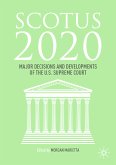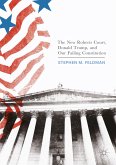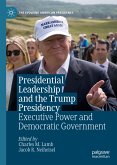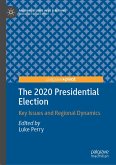"This book provides a novel description of conflict between the Congress and the US Supreme Court. Tecklenburg's perspective on legislative constraints on the judiciary breathes fresh air into an important and timely topic. At a time when high-stakes conflict among our national institutions is politically and socially salient, this book will be essential reading."
-Tom Clark, Charles Howard Candler Professor of Political Science, Emory University, USA
This book examines the relationship between Congress and the Federal Judiciary over time. Several aspects of this separation of power dynamics are examined, including court curbing legislation, court structuring legislation, justiciability, and judicial review. Unlike prior works, this book examines this relationship from a bicameral perspective, as it is argued that there are different motivations and reasons as to why and how each chamber of Congress approaches its relationship with the federal judiciary. In addition, this book considers the role of the judiciary committee in the legislative process, as bills that were reported out of committee are examined. Several possible causes of this legislative activity and judicial responses are analyzed, including polarization, judicial review, unanimity on the court, the changing issue agenda of the Court, ideological institutional distance, and divided government. The results reveal that there are important differences with regard to how the chambers interact with the federal judiciary.
H. Chris Tecklenburg is an Assistant Professor in the Political Science and International Studies department at Georgia Southern University, USA.
Dieser Download kann aus rechtlichen Gründen nur mit Rechnungsadresse in A, B, BG, CY, CZ, D, DK, EW, E, FIN, F, GR, HR, H, IRL, I, LT, L, LR, M, NL, PL, P, R, S, SLO, SK ausgeliefert werden.

